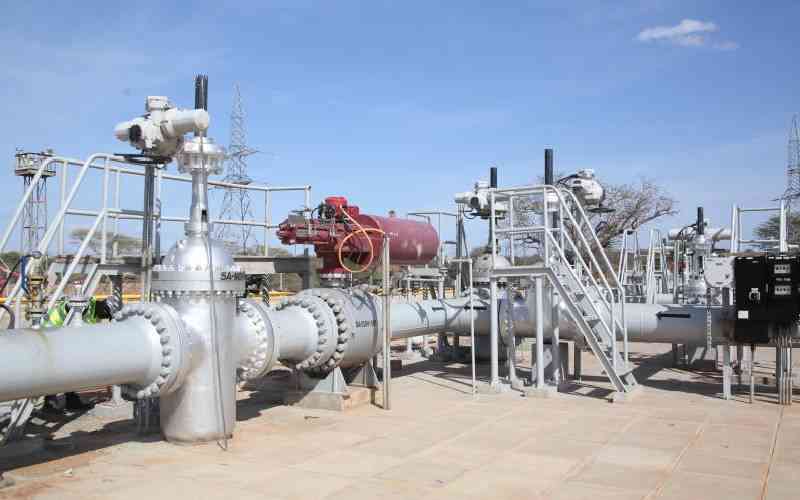×
The Standard e-Paper
Join Thousands Daily

In recent years, protests targeting the East African Crude Oil Pipeline (EACOP) have largely focused on the displacement of people and compensation.
The protests, some met with police brutality, have also highlighted the risk of increasing Uganda and Tanzania's combined carbon footprints by up to 25 times a year, as the pipeline is expected to be heated throughout the 1,443km stretch between the two countries to enable transportation of the otherwise waxy crude oil to Tanga Port.